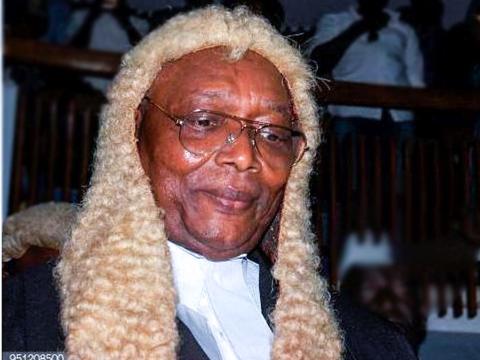By Nasratu Kargbo
Members of Parliament of the All People’s Congress (APC) party have raised concerns about the proposition made by the Political Parties Registration Commission (PPRC) in a bill entitled Political Parties Regulation Commission Act 2022 that solicits the dissolution of smaller political parties that cannot secure a total of 2% of national votes.
Speaking during a pre-legislative hearing on the 27th of June 2022, parliamentary representative for Constituency 048 Aaron Koroma opposed the disbanding of smaller parties that cannot secure 2% of total votes, as contained in a clause.
Koroma said such a move is an indirect way of killing smaller political parties and argued that the existence of certain parties is not to win elections but to shape ideas and the people’s will.
“To me that is discriminatory and we have to look into that,” said the MP.
MP for constituency 077 Abdul Kargbo also spoke against that aspect of the bill, and said the fastest-growing political parties started small, some with less than 1% of votes but ended up becoming ruling parties.
He admitted that some political parties will not get encouraging votes in the ballot box in the beginning but said that does not suggest they will not grow.
Kargbo emphasized that smaller political parties should be given the opportunity to grow.
PPRC Chairman Abdulai M Bangura during his presentation made mentioned certain things that the new bill proposes, among which is for political parties to register as business bodies in order for them to be able to gain resources. He explained that as a corporate body political parties can own and dispose of properties, sue and be sued as a party, and can invest.
Speaking on the expansion of sources of funding, the chairman explained that the bill proposes that parties can be able to source funds through other means such as selling party regalia, receiving donations, contributions from corporate bodies and business houses, as well grants.
He said the bill has also outlined that political parties be sub-vented because most times political parties encounter financial challenges, some hardly able to operate or run certain activities after elections because they do not have the finances to do so.
Bangura explained that they have engaged government partners and other agencies to fund the political parties but said donor partners do not want to deal with political parties in order for them not to be seen as favouring one party against the other. The bill proposes that government does the funding.
“The bigger the party the more subvention they will have,” said Bangura, he explained that the eligibility of the subvention depends on the political party’s capital. He revealed that the bill has gone through the cabinet, and was not frowned at.
A Member of Parliament Daniel Koroma stated that the idea of political parties becoming business entities is a laudable one, but pointed out that upon becoming that, there will be no need for them to rely on government subvention.
Koroma explained that the status of a corporate institution gives the institution the leverage to make money, and therefore believes the source of funding should not be an issue.
MP Abdul Muniru Lasana from constituency 121 expressed concern that individuals can form parties just to benefit from the subventions. “We have to be mindful of that subvention aspect, we do not want to create a room for people just to be making money”, he said.
Copyright © 2022 Politico Online (29/06/22)








